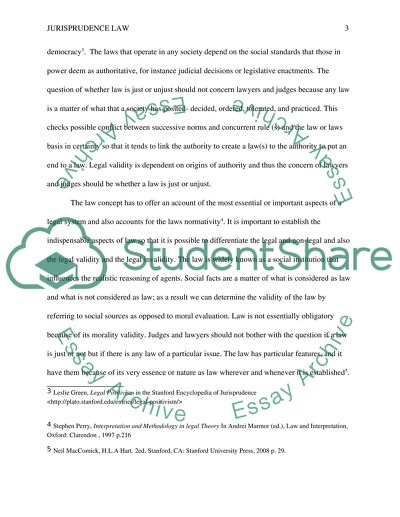Cite this document
(“Jurisprudence Law Essay Example | Topics and Well Written Essays - 2000 words”, n.d.)
Retrieved from https://studentshare.org/law/1437701-jurisprudence-law
Retrieved from https://studentshare.org/law/1437701-jurisprudence-law
(Jurisprudence Law Essay Example | Topics and Well Written Essays - 2000 Words)
https://studentshare.org/law/1437701-jurisprudence-law.
https://studentshare.org/law/1437701-jurisprudence-law.
“Jurisprudence Law Essay Example | Topics and Well Written Essays - 2000 Words”, n.d. https://studentshare.org/law/1437701-jurisprudence-law.


